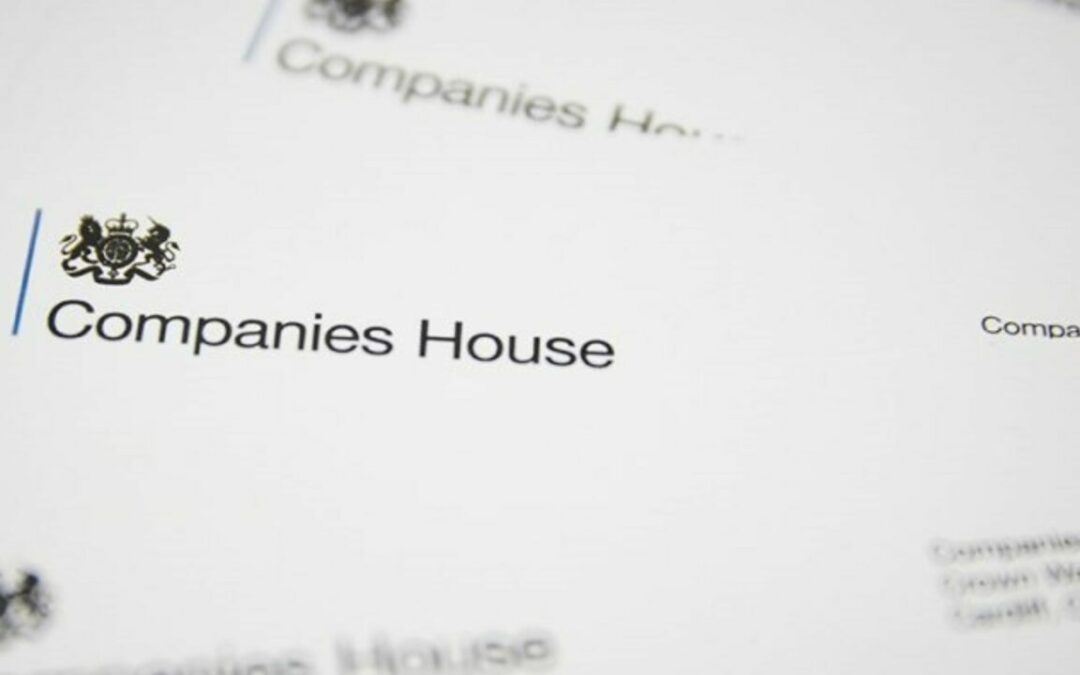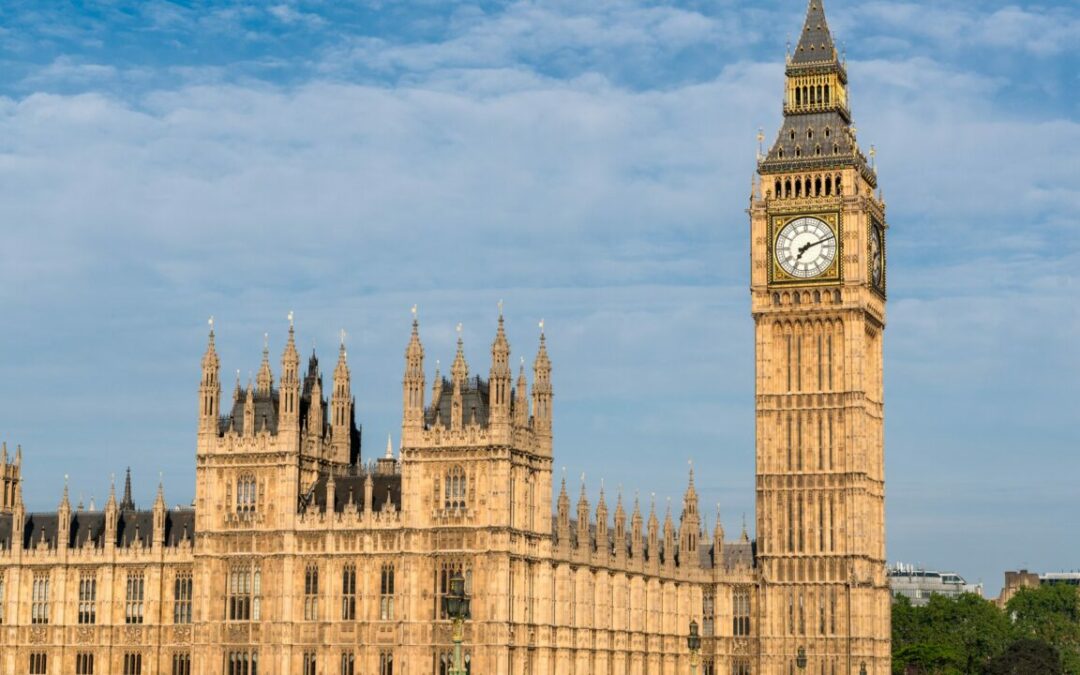Thinking of relocating abroad while running your UK business? Discover the key tax implications and what you need to consider before making the move.
With remote working now a norm for many businesses, it’s no surprise that more business owners are choosing to relocate abroad while continuing to run their UK business. But what does this mean for UK tax laws?
Below, we break down key considerations if planning to move overseas and continue operating a UK-registered business.
Explaining Dual Tax Residence
Dual tax residence happens when a company is considered tax resident in more than one country at the same time. Typically, this happens when a company is incorporated in one country (such as the UK), but day-to-day management takes place in another, for example, if the business owner moves abroad and continues to run the company remotely.
The UK assesses company residency based on where it is incorporated and/or where it is effectively managed. In cases like this, both countries may claim taxing rights over the same company.
To prevent double taxation, the UK has double tax treaties with many countries. These agreements include a “tie-breaker” clause to determine which country has primary taxing rights, usually based on where the company is managed and controlled.
If another country is deemed to have main taxing rights, the UK may treat the company as non-resident for corporation tax purposes. This can result in considerable tax consequences, including potential exit charges and additional reporting obligations.
What Happens When a Company Is No Longer a UK Resident?
If HMRC accepts the change of residency, the UK would treat this as a company migration, which has several implications:
- HMRC Notification Required
The company must notify HMRC of the intention to become non-resident before the move. This must outline any tax liability and propose how these are to be addressed. - End of Accounting Period
The company’s UK accounting period ends on the date it ceases to be a UK resident. After this day, there are some “exit” tax provisions.
- Capital Gains and Balancing Charges
Other assets (excluding UK land or property) are treated as sold and reclaimed at original market value on the day of migration. This could create capital gains or losses and tax on unrealised gains.
Capital allowances may also need to be adjusted, with any balances settled via allowances or charges depending on the figures at the cessation date.
Capital allowances may also require adjustment, with final figures potentially creating balancing charges or allowances depending on the assets held at the cessation date.
Exit Charge Payment Plans (ECPP)
Companies relocating to an EEA country (e.g., Spain) may pay their exit tax in annual instalments over six years, with interest each year. To access this payment plan:
- The company must notify HMRC before the regular tax payment deadline.
- It must continue to do business within the new country;
- It shall not be tax resident outside the EEA under any double tax agreement.
These directives allow for easier cash flow and transition flexibility when making business moves within Europe.
If you are considering relocating outside the United Kingdom but would like to continue to operate your UK company, it’s important to understand the tax implications before doing anything. Your change of residence could have some effects on your corporation tax, account periods, and asset treatment.
At Whittaker & Co, we work with businesses navigating the tax aspects of international relocation. Contact us for practical advice if you are moving or would like to explore your options.
For more information – CTM34133 – Residence: outward company or permanent establishment migration: liabilities arising: deferral of exit charges: exit charge payment plan: general – HMRC internal manual – GOV.UK
Dual residents 2024 (HS302) – GOV.UK
Visit our News Hub for the latest – News – Whittaker & Co (whittakerandco.com)
info@whittakerandco.com
+44 (0) 1686 610662






